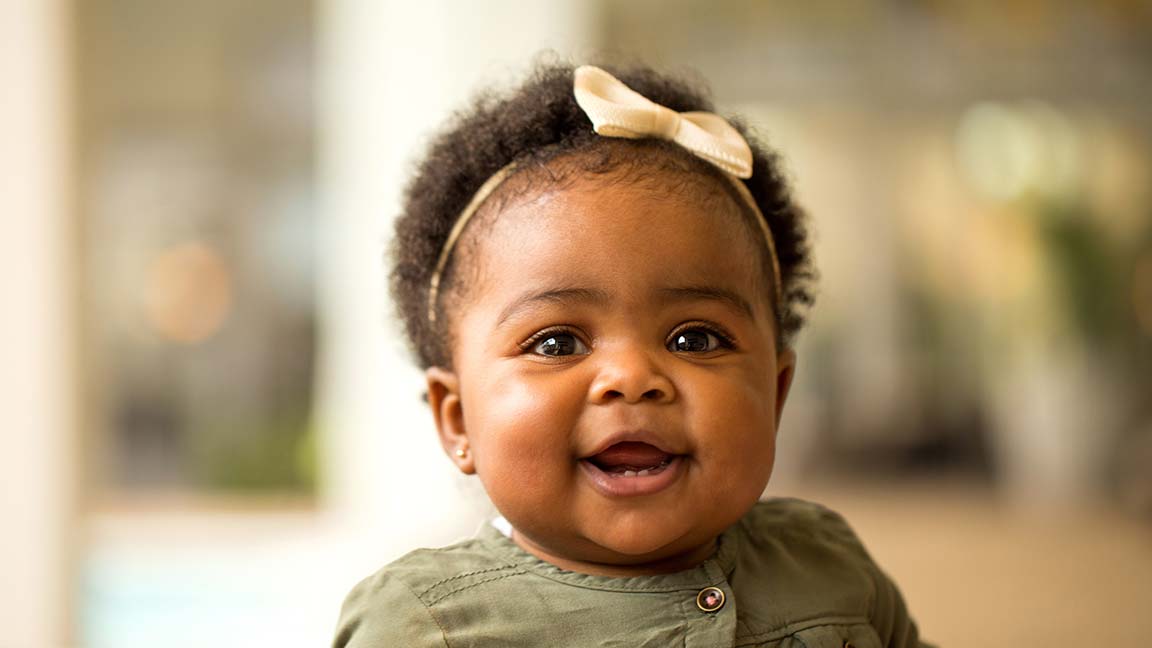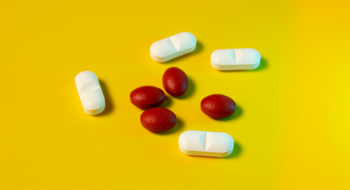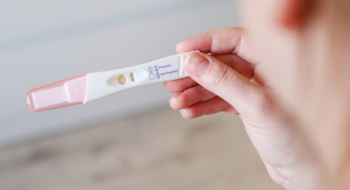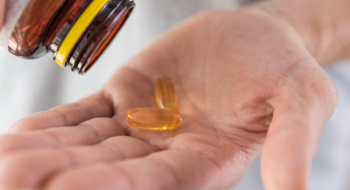Although baby’s teeth aren’t visible at birth, you may be surprised to know little one already has a full set of pearly whites by the time he or she enters the world.
Babies are born with a set of 20 baby teeth hidden in their gums, though those teeth typically don’t begin to emerge until a few months later.
Many parents, especially first-time moms and dads, aren’t sure when to start caring for baby’s teeth and what steps to take.
“Oral hygiene should begin soon after birth – before the first tooth emerges,” says Tidelands Health pediatrician Dr. Lucretia Carter, medical director of pediatrics at Tidelands Health. “By starting young, we can help establish good oral hygiene habits for life.”
Here are seven things parents should know about oral care for infants and toddlers:
1. Don't wait until you see teeth.
Dr. Carter says oral care can begin almost immediately after birth. It’s a good idea to begin by gently wiping gums with a damp, clean face towel or gauze twice a day. That approach will help get your little one ready for brushing when the first tooth appears.
2. Positioning can help.
Many parents find oral care easier when they sit on a bed or the floor with baby’s head in their lap. Cup the baby’s chin with your hands, then lift the baby’s lip to clean their teeth. Make sure the baby’s head is supported so they feel secure and the lighting is bright enough for you to get a good look inside their mouths.
3. Buy a baby toothbrush
Buy a baby toothbrush when the first teeth begin to emerge. Gently rub the brush on the front and back of the tooth or teeth with a soft-bristled, small-headed brush, starting with water instead of toothpaste. If the brush is too much for your little one, you can continue using gauze or a cloth for the first few weeks, carefully wiping the front and back of the tooth. Some pediatricians may recommend waiting until to use a toothbrush until several teeth have appeared or your child has reached a certain age.
4. Start going to the dentist.
A baby’s first trip to the dentist should take place by age 1 or within six months of the eruption of the first tooth. Continue with dental appointments on a regular basis as directed by your dentist or pediatrician.
5. Introduce toothpaste at the appropriate time.
Discuss when to begin using toothpaste, and how much to use, with your dentist or pediatrician.
Typically, for children younger than 2 years old, it’s recommended to start with an amount no larger than a grain of rice; the amount of toothpaste typically grows to the size of a pea after age 2, increasing further with age.
6. Limit sugary drinks and snacks.
Sugary foods and drinks can lead to tooth decay and cause other health conditions, so it’s best to stick with fresh fruit and vegetables as much as possible during your little one’s early years. This can help build healthy eating habits to support good health throughout life.
7. Wean from pacifiers and thumb-sucking
Prolonged use of pacifiers or thumb-sucking can affect tooth development and lead to other concerns, so it’s a good idea to wean your child off these habits sooner rather than later. Your pediatrician is a great resource for any questions or concerns you may have.
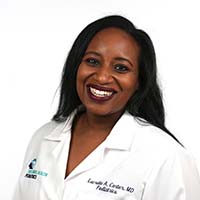
Dr. Lucretia Carter
Pediatrician, Tidelands Health Pediatrics
Bio
Dr. Lucretia Carter is a pediatrician who practices at Tidelands Health Pediatrics at Holmestown Road in Myrtle Beach.
Learn MoreMedical Education
Education
Howard University College of Medicine
Residency
Albert Einstein Medical Center
Awards
Board certifications:
- American Board of Pediatrics
Meet the Expert
Dr. Lucretia Carter
Dr. Lucretia Carter is a pediatrician who practices at Tidelands Health Pediatrics at Holmestown Road in Myrtle Beach.
